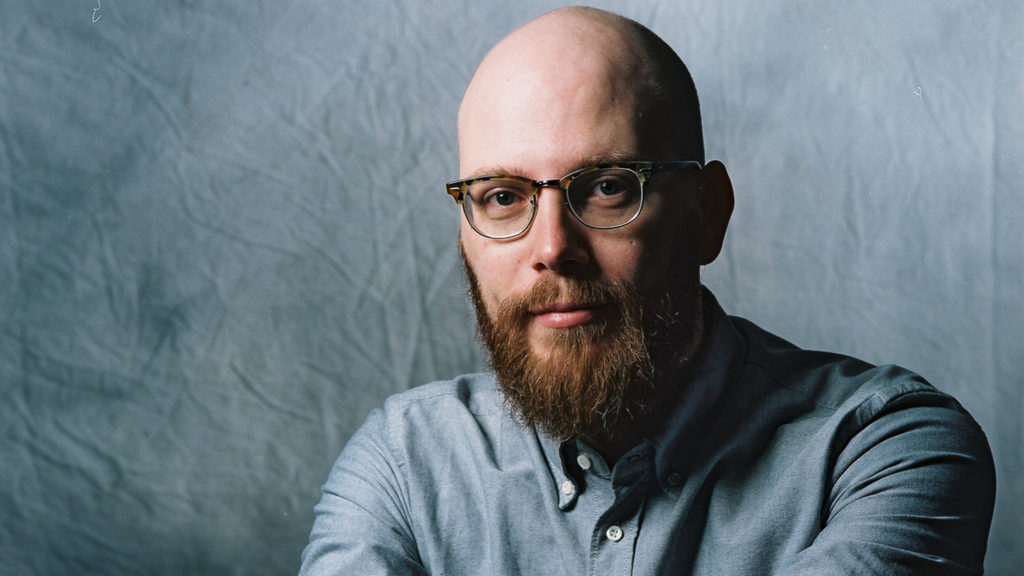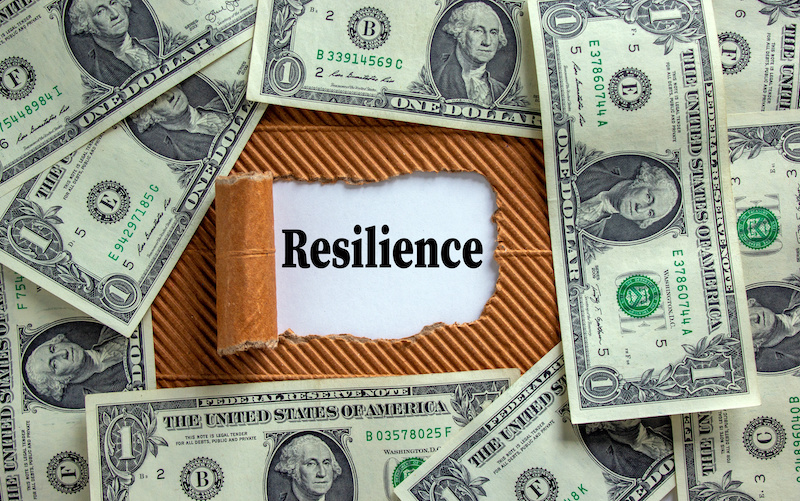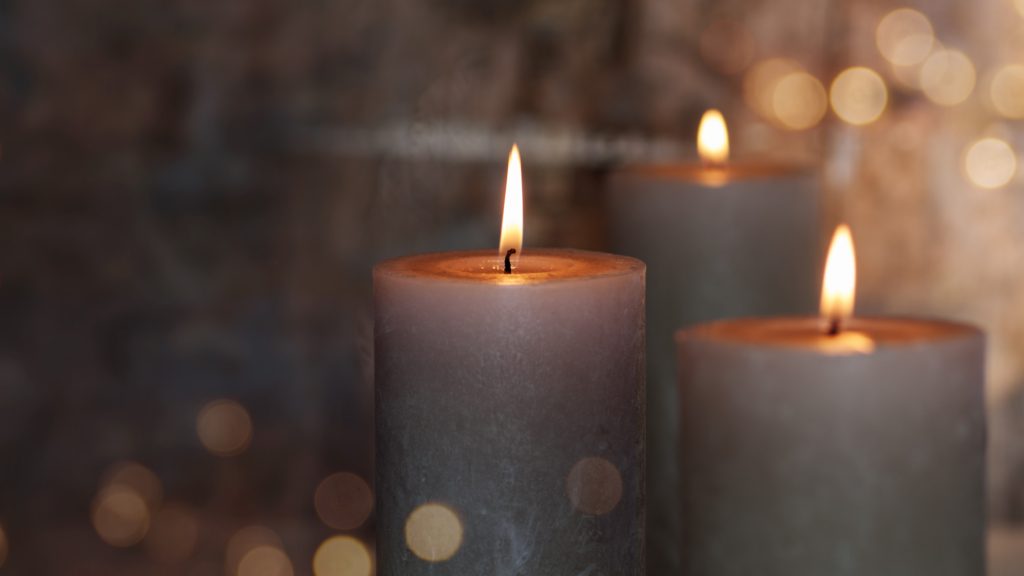Lessons From Disaster: An Interview With Jonathan Katz
Tony WintonSeptember 9, 2019

In this undated image provided by the author, journalist Jonathan Katz poses for a portrait (Jonathan Katz via Key News)
Jonathan Katz was The Associated Press bureau chief in Port-au-Prince, Haiti, when the 2010 earthquake struck. He covered global relief efforts for a year afterward. He detailed the many problems in an award-winning book, “The Big Truck That Went By: How the World Came to Save Haiti and Left Behind a Disaster.” He is the 2011 winner of the Medill Medal for Courage in Journalism.
Q: The damage from Hurricane Dorian is so widespread. There are drives all over Miami to bring canned goods, supplies. What is your reaction?
A: That’s not the way to do it, but it’s very common. Altruistic, [but] it’s hard to criticize. No one is coordinating it, thinking it through, that’s when things get ineffective and go sideways. People need to coordinate with the government of the Bahamas, people in specific areas.
Q: How does it compare to Haiti and other disasters?
A: What we see, disaster after disaster, is what happened in Haiti in 2010. Huge gaps, huge waste.
Q: Are there exceptions?
A: The Japanese quake [in 2011]. A terrible disaster. The Japanese did a better job. They told the NGOs (Non-Governmental Organizations) ‘we don’t need you.’
Q: In the Bahamas?
A: The first step is finding out what the needs are. Take, for example, food. I don’t know if there is a real food shortage…Bahamians may have stocked up. There are so many questions. How many houses have been destroyed? Would they accept going someplace else? These are cultural issues.
You have to put yourself in a subservient role, take the lead of people who know the situation. If you are not doing it in a coordinated role, you will cause more problems than you solve.
Q: Housing was a problem after the Haiti quake; makeshift tent cities sprang up everywhere.
A: Haitians used bedsheets. The plastic came from NGOs and it turned them into permanent camps. It all comes back to this. Ask them what they need.
Q: People want to help. That’s a good thing. What‘s best in your view?
A: Be part of a coordinated effort. A Bahamian-government led effort that is figuring out needs and in a way that is accountable. Don’t just cowboy it.
The second part is a difficult answer, and people may not want to hear it.
The moment after the disaster is not the best time to be helpful. It’s a very bad time to parachute in to a brand new place. Start working now to prevent future disasters and prepare for those. The hurricane was fueled by climate change. Understand that in the immediate relief mode, you’re handing out band-aids.
Help prevent a future cataclysm. In Miami, now is when I would be thinking of the 2020 hurricane season.



Join the conversation